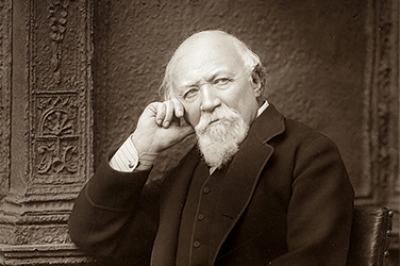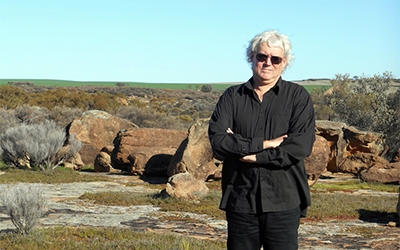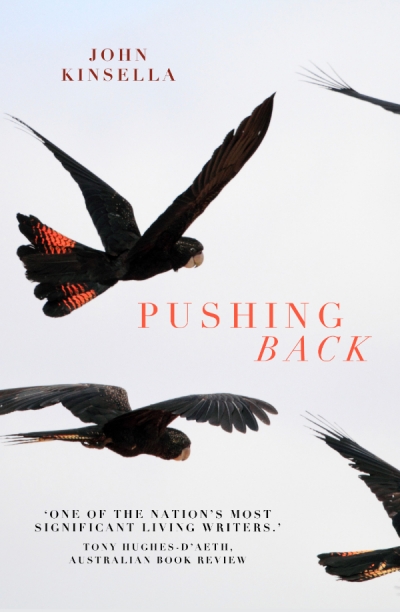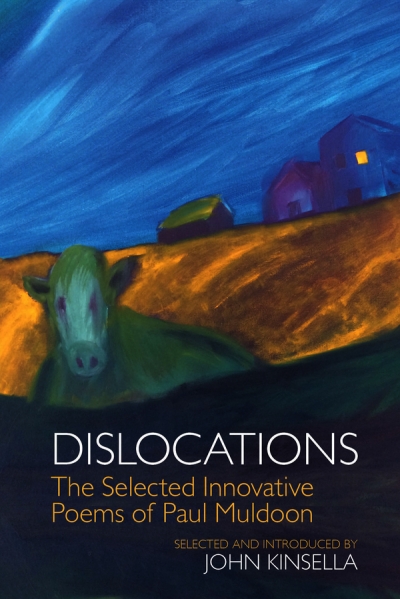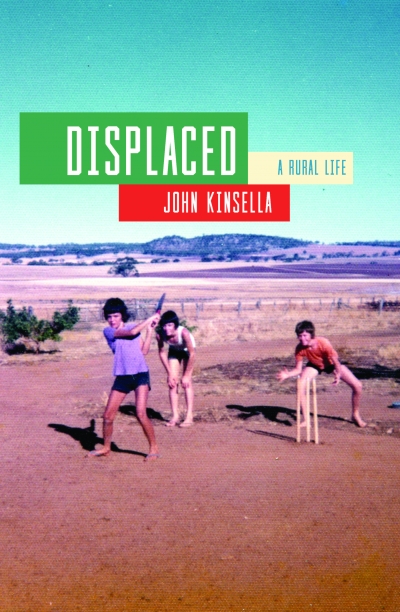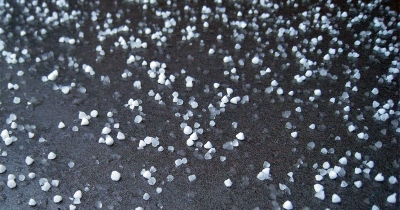John Kinsella
‘Lyrical Unification in Gambier’ a poem by John Kinsella
... (read more)This place we live is termed ‘rural’ / or ‘countryside’ by arrangement / with or of the planters of grains, / the breeders of animals for / slaughter, by conservative vote.
... (read more)John Kinsella is the author of over forty books. His most recent publications include the novel Lucida Intervalla (UWA Publishing 2018), Open Door (UWA Publishing, 2018), and Supervivid Depastoralism (Vagabond, 2021). His poetry collections have won a variety of awards, including the Prime Minister’s Literary Award for Poetry and the Christopher Brennan Award for Poetry. His volumes of stories include Crow’s Breath (Transit Lounge, 2015), Anarchy in the Avon Valley (Liverpool University Press, 2010) and Polysituatedness (Manchester University Press, 2017). He is a Fellow of Churchill College, Cambridge University, and Professor of Literature and Environment at Curtin University. With Tracy Ryan he is the co-editor of The Fremantle Press Anthology of Western Australian Poetry (2017). He lives with his family in the Western Australian wheatbelt.
... (read more)When Ishmael escaped from the closed Bible / on the dresser with family names that were // only tangentially yours, you looked to the emergency / site for inclemency and found fire was rapidly ...
... (read more)
